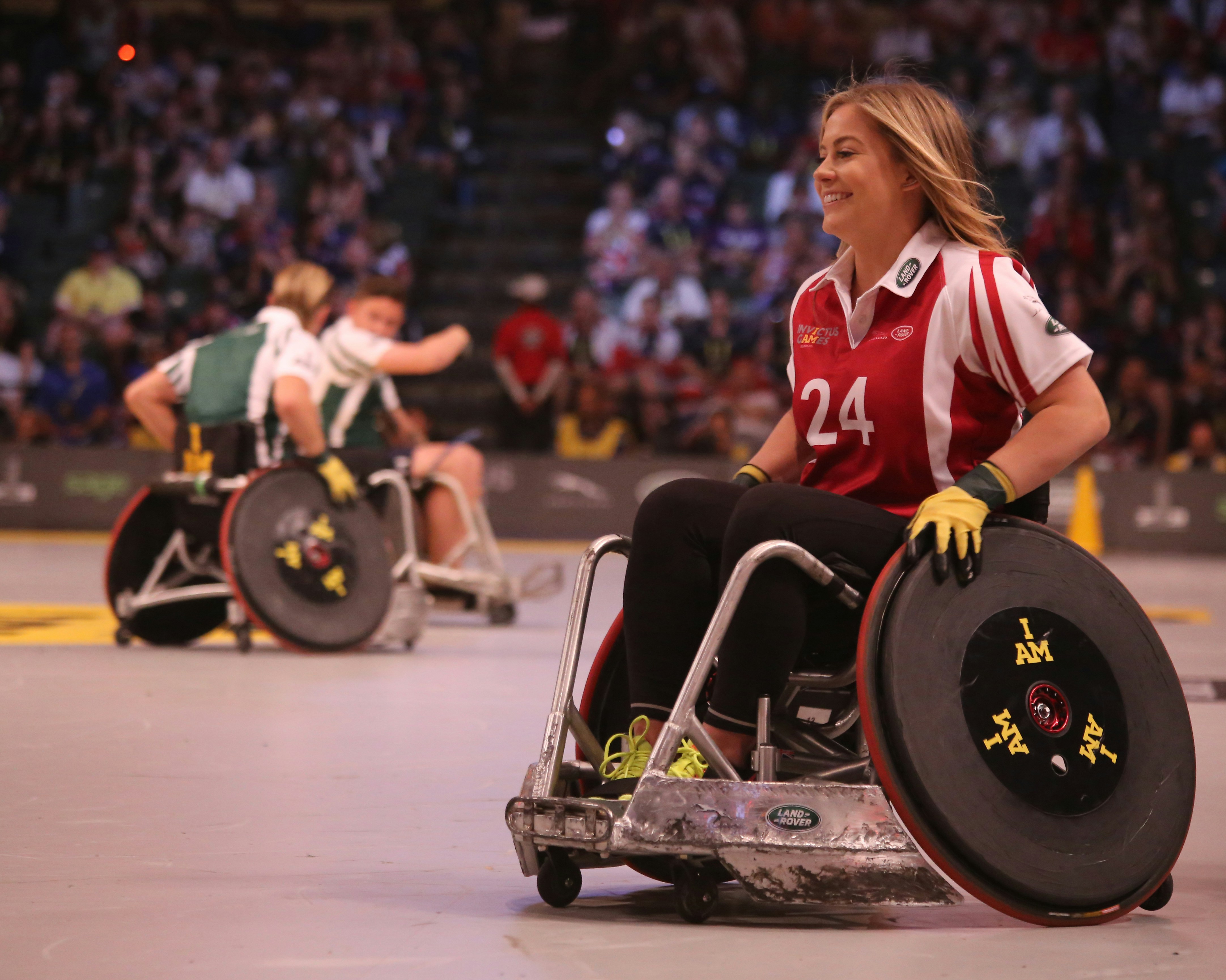Adaptive Sports Revolution: Empowering People with Disabilities
The world of sports is going through a revolution, one where limitations and disabilities are no longer barriers to participation in sports. The rise of adaptive sports is reshaping the landscape, and it's not just about competition - it's about empowerment, inclusion, and transformation. Read below to find out how this revolution is changing lives and redefining the boundaries of sports.

The Emergence of Adaptive Sports
Adaptive sports are sports modified or created to meet the unique needs of individuals with disabilities. These sports are not just about providing opportunities for physical activity but also about empowering individuals, fostering social connections, and promoting mental health. In recent years, adaptive sports have gained significant attention. Events like the Paralympic Games have showcased the incredible athletic abilities of individuals with disabilities and have played a crucial role in promoting adaptive sports.
The Power of Inclusion
The beauty of adaptive sports lies in its inclusive nature. Unlike traditional sports, adaptive sports don’t just cater to a specific set of athletes. They are designed to include everyone, regardless of their physical condition. This inclusivity not only provides equal opportunities for all but also promotes a culture of acceptance and respect. It breaks down societal barriers and changes perceptions about disabilities.
The Role of Technology
Technology has played a significant role in the rise of adaptive sports. From prosthetics and wheelchairs to communication devices and specialized equipment, technology has been instrumental in enabling athletes with disabilities to compete at the highest levels. It has not only helped overcome physical limitations but has also pushed the boundaries of what is possible in sports.
The Impact on Mental Health
Adaptive sports have a profound impact on mental health. Participating in sports can boost self-esteem, increase confidence, and improve mood. It provides a sense of belonging and community, which can be especially beneficial for individuals who often feel isolated because of their disabilities. Furthermore, the physical activity associated with sports can help manage stress and anxiety.
The Future of Adaptive Sports
The future of adaptive sports is promising. As more people become aware of these sports and more resources are allocated towards their development, adaptive sports will continue to grow. The hope is that they will become a mainstream part of the sports world, further eroding the divide between traditional and adaptive sports.
Useful Tips and Facts:
- Adaptive sports can be beneficial for people with a wide range of disabilities, including physical, sensory, and intellectual disabilities.
- In addition to physical benefits, adaptive sports can also provide mental health benefits, such as reducing anxiety and depression, and improving self-esteem and social skills.
- Technology is a key enabler in adaptive sports, providing tools and equipment that can help athletes with disabilities compete at the highest levels.
Conclusion:
The rise of adaptive sports is challenging the notion of what it means to be an athlete. It’s a testament to the human spirit, showing that with determination, perseverance, and the right support, any obstacle can be overcome. So, whether you’re an athlete, a sports fan, or someone who believes in the power of sports to change lives, let’s all be part of this revolution and cheer on these amazing athletes as they redefine the boundaries of sports.




